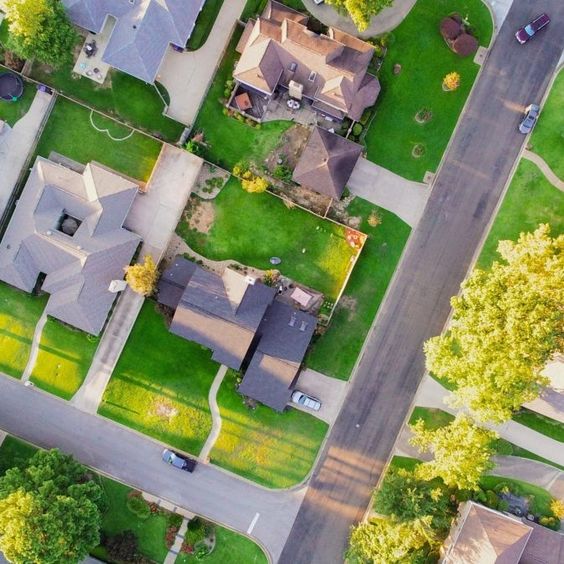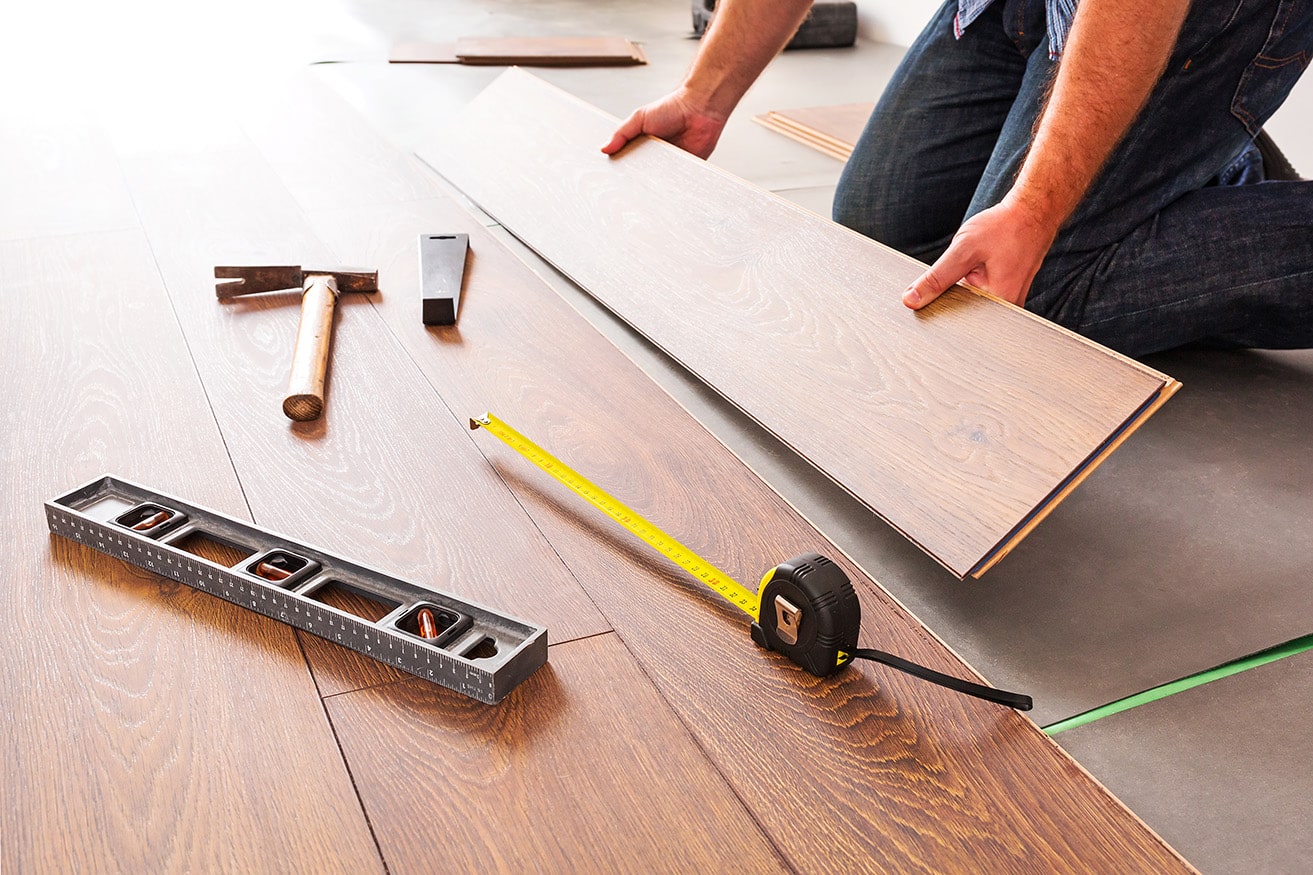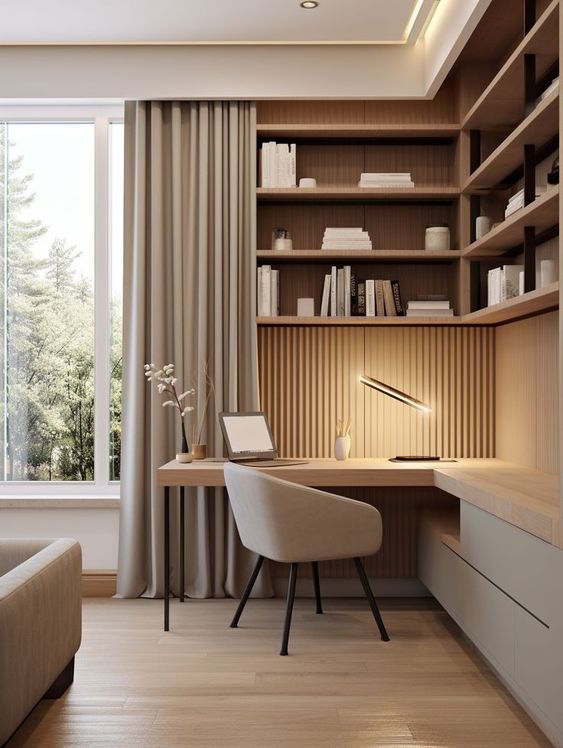Buying a fixer-upper home is a decision that many prospective homeowners grapple with, as it offers a unique set of advantages and disadvantages. In this article, we’ll explore the pros and cons of purchasing a fixer-upper property to help you make an informed decision.
One of the most significant advantages of buying a fixer-upper is the potential for cost savings. These properties are typically priced lower than move-in ready homes, allowing you to stretch your budget further. By investing in renovations, you can often create a home with the features and finishes you desire, potentially increasing the property’s value over time.
Customization is another compelling pro of fixer-upper homes. With a fixer-upper, you have the freedom to tailor the property to your unique preferences and lifestyle. You can choose the paint colors, flooring, fixtures, and layouts that suit your taste, creating a truly personalized living space. This level of customization is often not as readily available in move-in ready homes.
However, there are cons to consider as well. Renovating a fixer-upper can be a time-consuming and sometimes stressful endeavor. Extensive renovations can disrupt your daily life for an extended period, especially if you’re doing the work yourself. Moreover, the cost of renovations can add up quickly, potentially exceeding the initial savings on the purchase price. It’s essential to carefully budget and plan for these expenses.
Another potential downside is the unpredictability of hidden issues. Older homes, in particular, may harbor structural problems, outdated electrical wiring, plumbing issues, or other unforeseen complications. These hidden problems can lead to unexpected delays and costs, making the renovation process more challenging and costly.
Lastly, tackling a fixer-upper requires a certain level of expertise in construction or renovation. If you don’t have the necessary skills, you may need to hire professionals, which can further increase expenses. Ensuring the work is done properly and up to code is vital, as cutting corners in a renovation can lead to long-term issues and decreased property value.
To wrap it up, buying a fixer-upper can be a rewarding endeavor for those who are willing to invest time, effort, and resources. The potential for cost savings and customization make it an appealing choice for many homebuyers. However, it’s crucial to be aware of the potential challenges, including the time and money required, as well as the need for expertise in renovations. Before committing to a fixer-upper, thoroughly evaluate your goals, budget, and willingness to take on the renovation process to ensure it aligns with your needs and capabilities.






